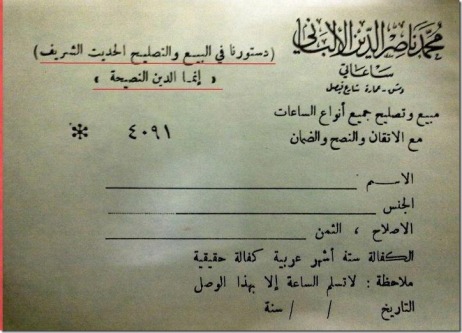From Abu Hurairah who said, “The Prophet صلى الله عليه وسلم said, ‘No servant seeks refuge from the Fire seven times in a day except that the Fire says, ‘O Lord! Indeed your servant, [called] so and so, has sought refuge with You from me, so grant him refuge. And no servant asks Allaah for Paradise seven times in a day except that Paradise says, ‘O Lord! Indeed your servant, [called] so and so, has asked for me, so make him enter Paradise.’’”
Shaikh al-Albaani, may Allaah have mercy on him, said, “This hadith is authentic without doubt.
A point of benefit: Some people in Damascus and other places have made it a habit to seek refuge seven times as mentioned in the hadith loudly and in one voice after the morning prayer, and that is something which I know of no basis for in the pure Sunnah, and nor is this hadith suitable for them to draw upon [for saying it loudly and in unison] because it is unrestricted and is not limited to the morning prayer or the jamaa’ah, and it is not allowed to limit what the Wise Legislator has left unrestricted just as it is not allowed to make unlimited what He has restricted, for all of that is legislation which is specific to the All-Knowing, the All-Wise.
So let whoever wants to act upon this hadith do so at any time of the night or day, before the prayer or after it–and that is a pure/unadulterated following [of the Sunnah] and pure sincerity, may Allaah the Blessed and Most High grant us it.”
As-Saheehah, vol. 6, pp. 22-23.
